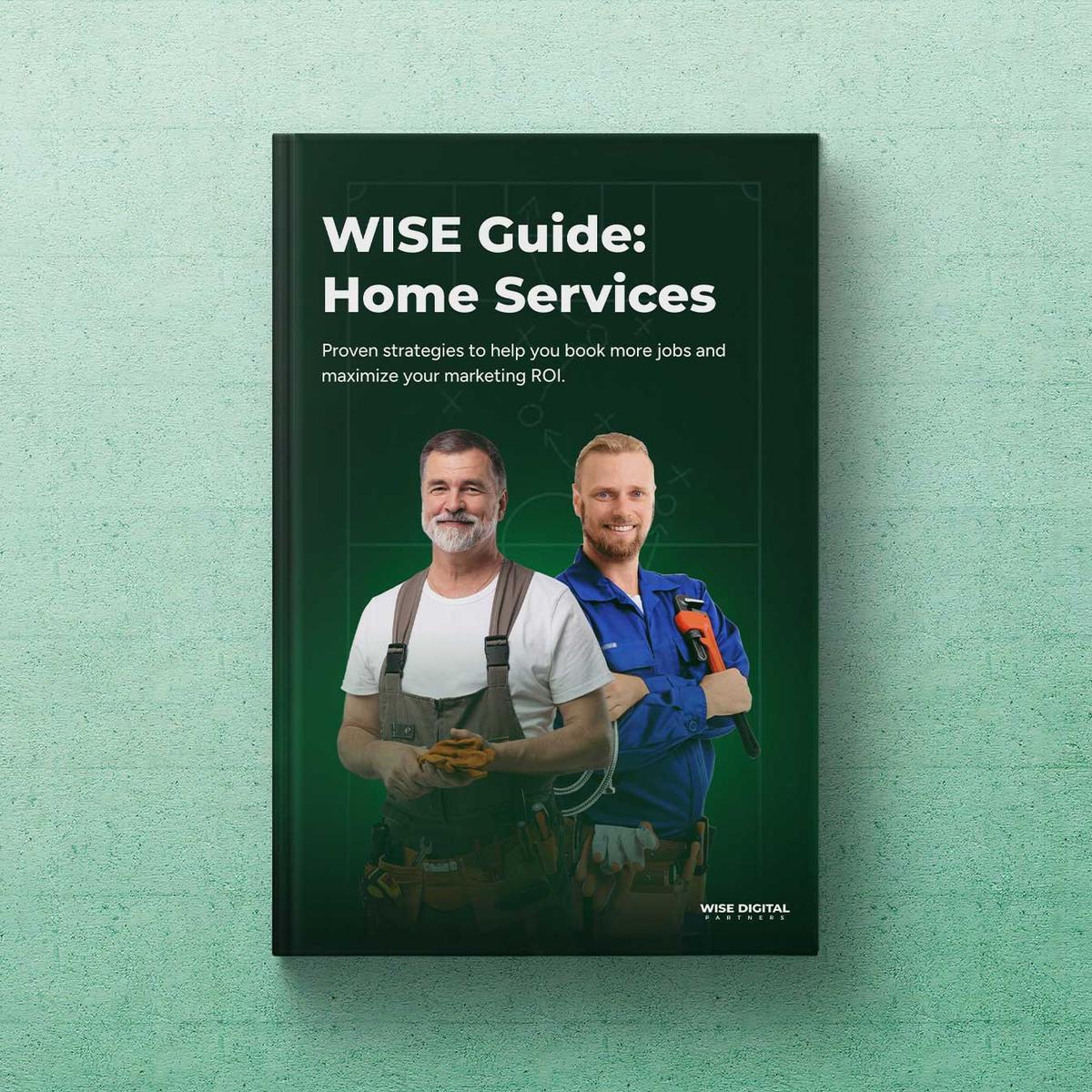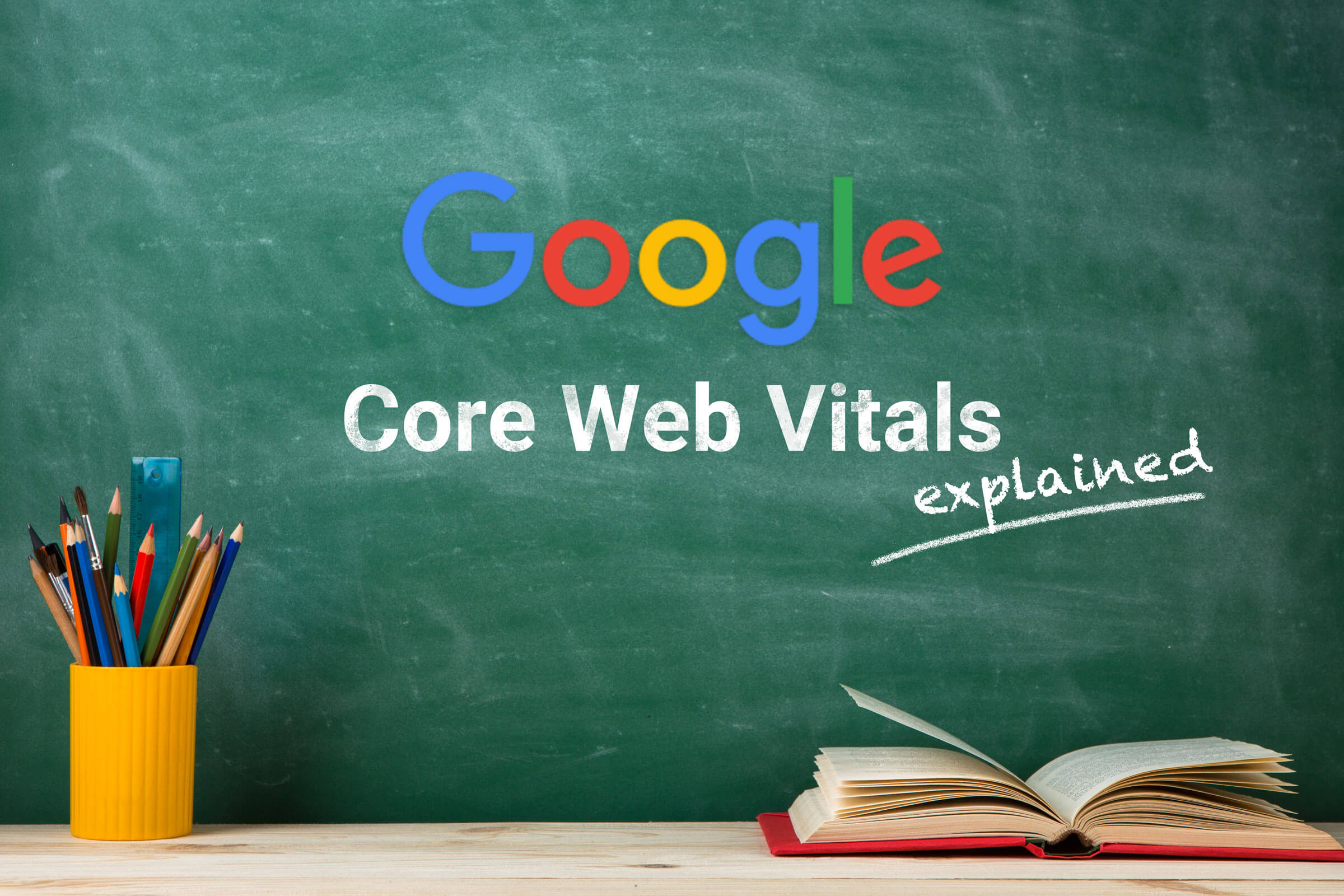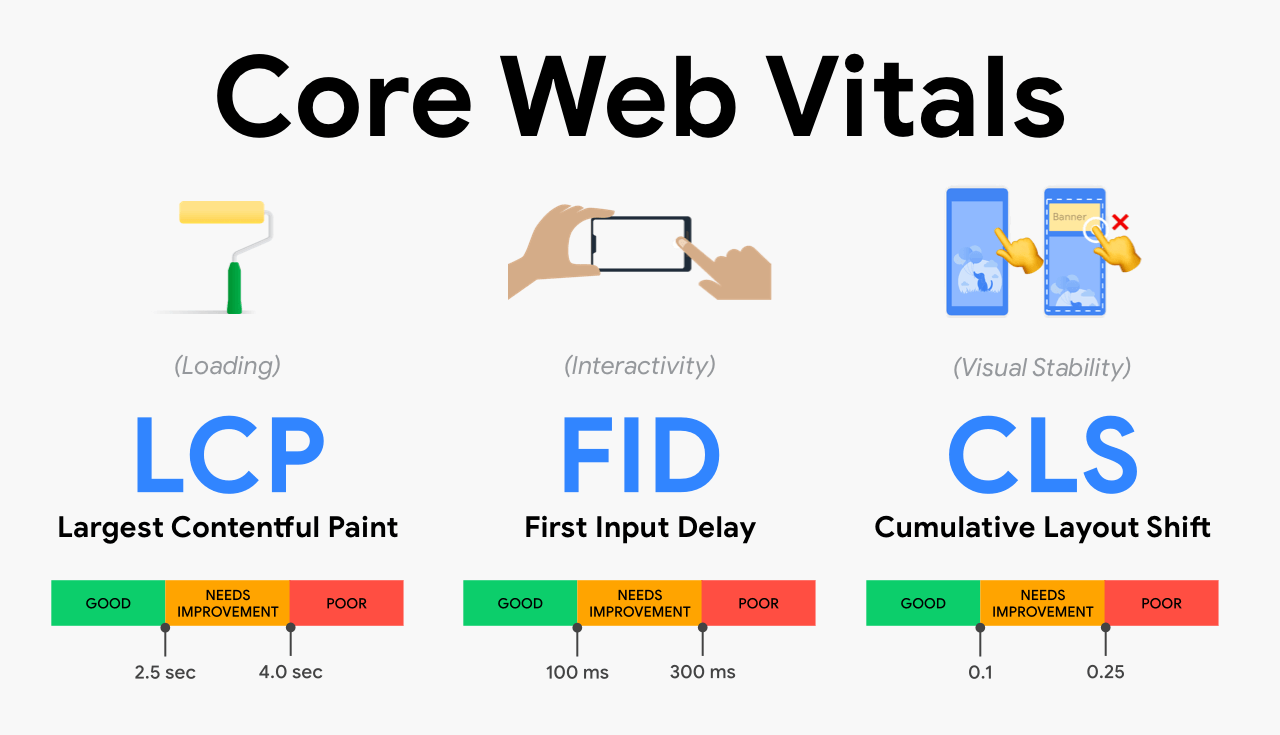It's Time to Get WISE.
A quick, honest call to assess your needs and point you in the right direction—no sales pitch. Best suited for:
- Established businesses with a defined marketing budget
- Businesses prepared to grow and scale
A deep dive with a top expert to uncover gaps and map a smarter path forward.
- Includes a $250 digital audit covering your website, SEO, local presence, and online performance—yours to keep.
- Get smart, actionable ideas you can apply to your business right away.

Enter the email you would like your guide sent to:

Enter the email you would like your guide sent to:

Enter the email you would like your guide sent to:
Apply Today
Please fill out the information below. Someone on our team will reach out in 3-5 business days to schedule a call if we see a good fit.
Book Patrick Dillon
Thanks for your interest in booking WISE CEO Patrick Dillon on your podcast! Please complete the form below, and a team member will contact you shortly.

Remove Negative Reviews.
Core Web Vitals Explained: The Google Update That Will Impact Your Business

May 17, 2021
- 6 min read


They’re coming. And when they get here, every website will be affected. (For better or worse.) When the summer ends, some businesses will be better positioned for online growth. Others will be left in the dust.
What are we talking about? Only a little something Google’s been brewing for over a year—their next big search engine update known as Core Web Vitals.
“Hold on Carlo,” somebody says. “I’m not a tech-savvy SEO person. This blog post just isn’t for me.”
Au contraire. If you care about growing your business in 2021 and beyond, you need to know: 1) what the Core Web Vitals are, and 2) how you can prepare for their arrival next month. If you don’t prepare well, you could see a loss in website traffic and never know why.
To be fair, there are plenty of posts online about this update, but most of them are geared towards search engine optimization experts and hardcore digital marketers. This post is different. In what follows, we’ll take a beginner-friendly approach to Core Web Vitals that leaves behind the technical jargon. We’ll show you what this Google update is about, why it’s important, and what this means for your current website.
Why Should I Care About Core Web Vitals?
The bottom line is your bottom line. Because your target audience is trying to find you online, what Google does can affect how much online traffic, new customers and revenue your company can rake in. Consider this chain reaction:
When Google updates its algorithm…
Your search rankings could drop. If that happens…
Your search visibility will decrease. If that happens…
Your website traffic will decrease. If that happens…
Your leads and new customers/clients will decrease. If that happens…
Your profitability will decrease.
Now it’s true that Google updates happen all the time. Why are the Core Web Vitals any different?
As a general rule of thumb, the more advance notice Google gives about their search updates, the more impactful they will be.
Google’s Core Web Vitals update is scheduled for mid-June 2021, but it was first announced in May 2020. That was a year ago. You better believe this update is a big one.
What Are The Core Web Vitals?
At their core (no pun intended), the Core Web Vitals consist of three website signals that indicate a great user experience. These signals will be incorporated into Google’s overall algorithm that determines search rankings for websites.

Image courtesy Akshay Ranganath’s Blogs
Don’t freak out about the technical language. Let’s briefly discuss what each signal measures below.
1. Largest Contentful Paint (LCP)
My easy-to-remember LCP acronym: “Load Content, Please!”
Slow websites are not a good time. Google knows that, and they want to favor websites that offer users quality, relevant content quicker than others.
Largest Contentful Paint (LCP) measures how fast main content loads on your webpage. This is different from First Contentful Paint, which only measures how fast initial content loads on any given page. I don’t know about you, but I need more content before figuring out what to do or where to go on a website. Not less.
To offer a good user experience, websites should aim for a Largest Contentful Paint time of 2.5 seconds or less. Anything more, and your rankings could be affected.
2. First Input Delay (FID)
My easy-to-remember FID acronym: “Freaking Interaction Delay!”
Imagine visiting a website that loads fairly quickly but takes forever to do anything when you click somewhere. Bleh! That’s First Input Delay in action. (Or inaction…)
First Input Delay (FID) measures how quickly your website can respond to user interaction, whether it’s clicking a link or tapping a button. If your users can’t go where they want to right away, then you have a problem with them and with Google. It goes to show that when it comes to a great user experience, fast-loading content is only part of the equation.
According to Google, you should strive to have a First Input Delay of 100 milliseconds or less. Anything more, and your rankings could be affected.
3. Cumulative Layout Shift (CLS)
My easy-to-remember CLS acronym: “Can’t Locate Stuff!”
I actually really like how Google talks about Cumulative Layout Shift. Let’s hear from the Big G:
“Have you ever [read] an article online when something suddenly changes on the page? Without warning, the text moves, and you’ve lost your place. Or even worse: you’re about to tap a link or a button, but in the instant before your finger lands—BOOM—the link moves, and you end up clicking something else!”
Cumulative Layout Shift (CLS) measures how much content annoyingly moves around on a website as you’re reading it or engaging with it. Each move is called a “layout shift,” and too many of them will drive your users insane. According to Google, you’ll want to aim for a CLS score of 0.1 or less. Anything more, and your rankings will be affected.
Does My Website Pass Core Web Vitals?
There are a few ways to determine whether your website passes or fails Core Web Vitals. While an SEO support platform called Google Search Console offers all kinds of helpful data, one of the easiest ways involves dropping your website into Google’s PageSpeed Insights tool. Do you see any metric with a blue ribbon attached? Those are Core Web Vitals.

Note: PageSpeed Insights may offer only limited insights for your website. In the above example, one of the three Core Web Vitals (First Input Delay) isn’t shown. That’s because it needed some additional real-world speed data and therefore couldn’t be displayed.
I’m Failing. What Should I Do Next?
While the Core Web Vitals is a significant update, it won’t begin rolling out until mid-June 2021, and the rollout won’t be completed until August. There’s still time to get your website ready, but what can you do?
This is where it gets tricky for many business owners. The truth is, the vast majority of businesses are woefully unprepared for Core Web Vitals, as well as Google’s ongoing focus on user experience. But what’s more—most website designers, developers, and marketing agencies are too. Heck, most “website designers” don’t even pay attention to Google updates because they don’t focus on marketing.
Why? Among those who even know about this Google update, only a small percentage have the three things needed to make a difference: bandwidth, expertise, and tools.
- Bandwidth – Troubleshooting and solving Core Web Vitals issues takes time and other resources that some businesses and agencies just don’t have.
- Expertise – You need a solid knowledge of web development best practices. Often those who build good-looking websites are ill-equipped to help them perform well.
- Tools – Time and knowledge are not enough if your website was built on a WordPress or Squarespace template not designed with user experience in mind.
If you’re already in a situation with all three of the above—congratulations and hold on tight! But if not, know that you’re not left to the wolves.
At WISE Digital Partners, we’ve been discussing, designing, and engineering Core Web Vitals solutions for months. We’ve reviewed all our websites in preparation for next month’s update, and we’re ready to make the tweaks needed to help our partners get ahead.
It’s not too late to get your website diagnosed and on track for Core Web Vitals. Contact us to consider your options, which may involve an SEO plan to optimize your current website or a plan to build a new site with user experience in mind.
Core Web Vitals are here to stay. With the right strategy, turn your weaknesses into strengths that will differentiate you from your competitors for years to come. Book a call with us today - we're happy to help!
Share
Subscribe to WISE Insights
Stay ahead of the digital marketing curve and never miss a lucrative trend or insightful tidbit – subscribe to our WISE blog!
Keep Reading
Build. Grow. Soar.
Get WISE about digital marketing with advanced services, industry experts, and cutting-edge tools designed for long-term, sustainable growth.





